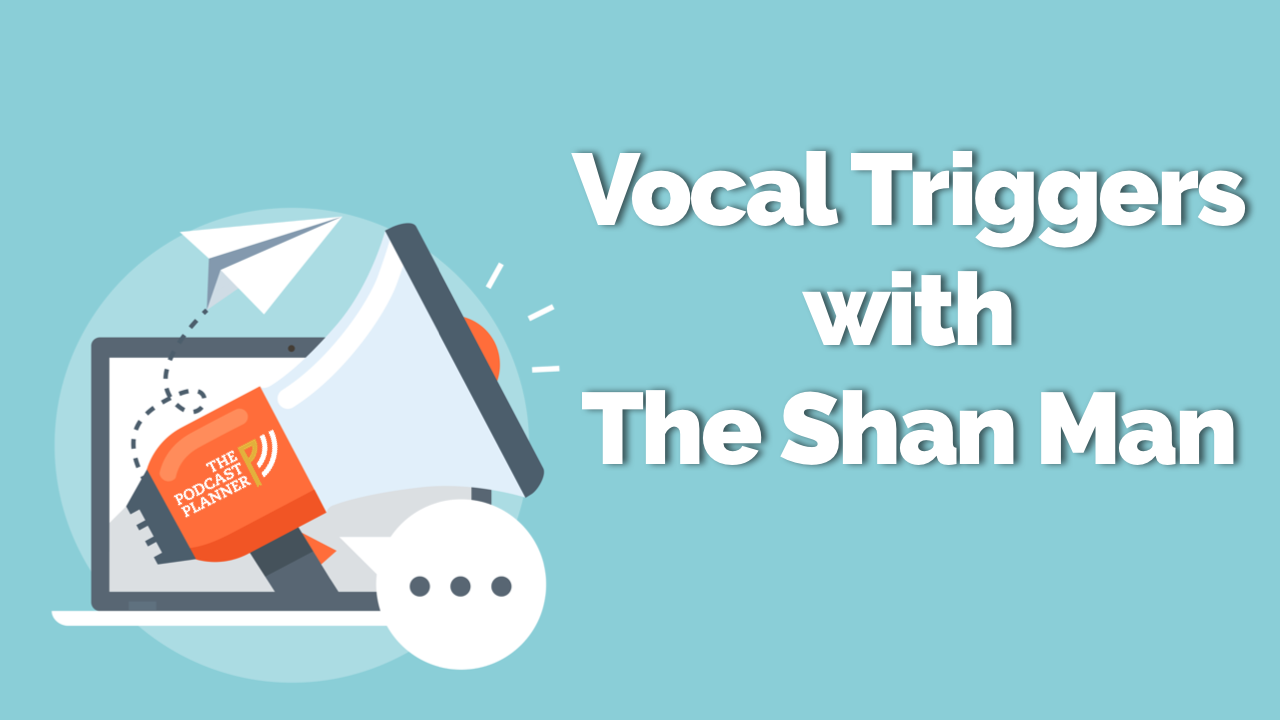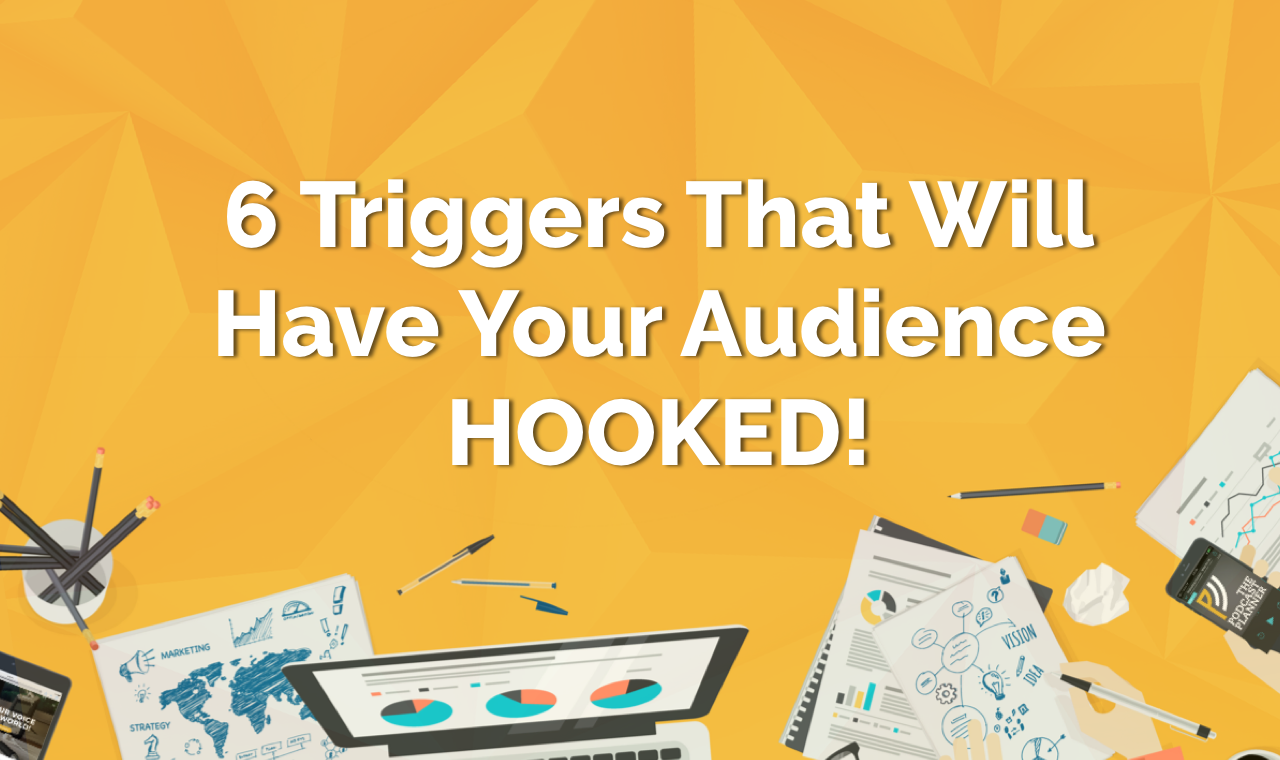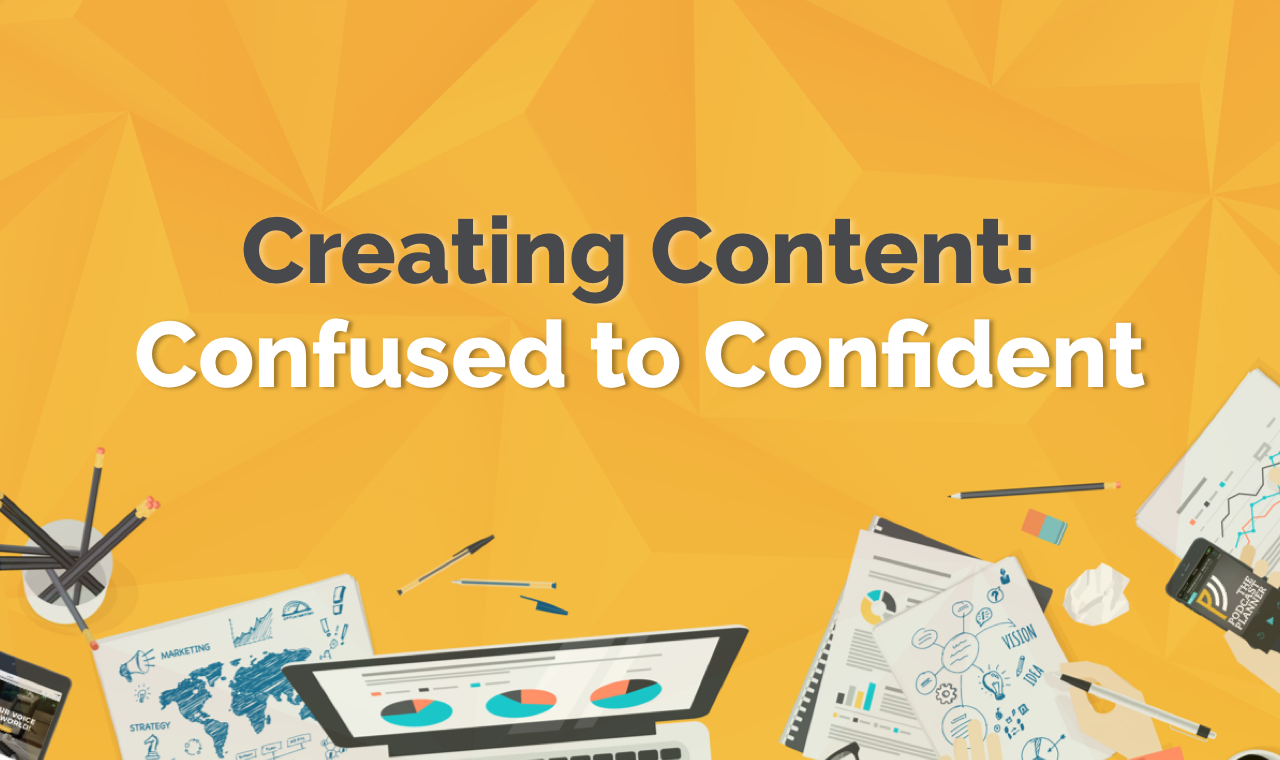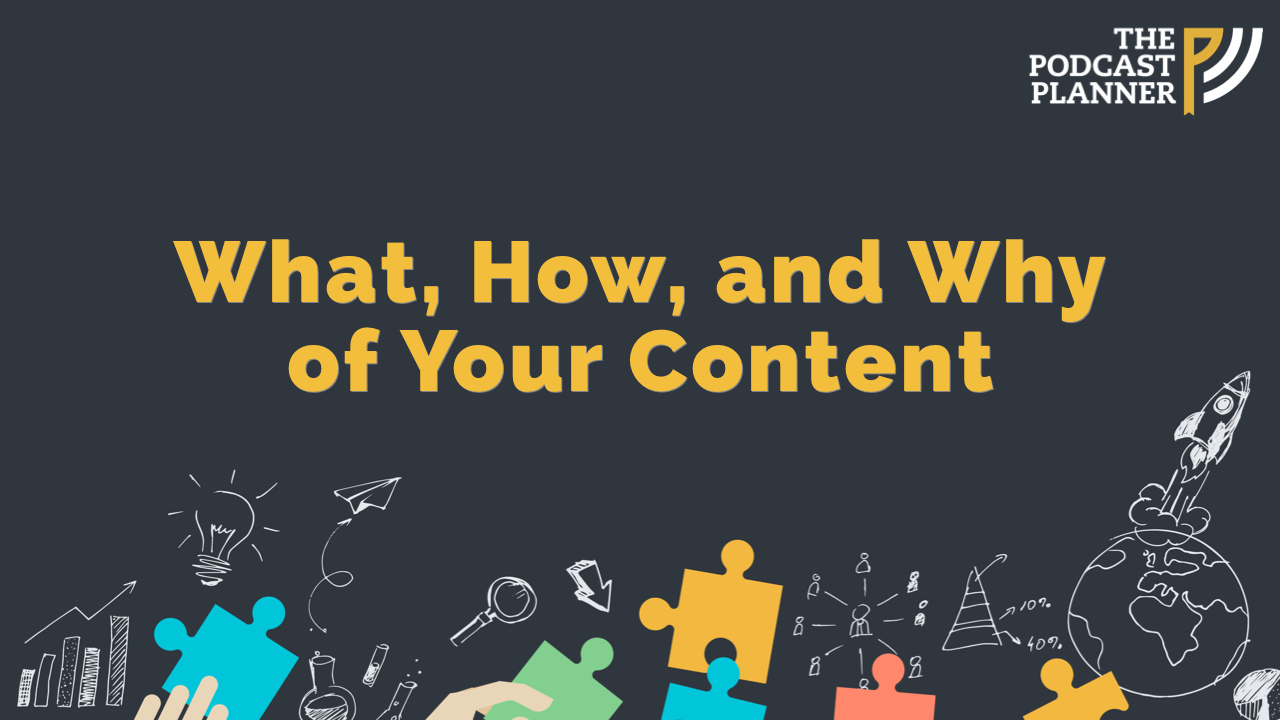ABOUT THE PODCAST:
Modern Vintage Radio (formerly Podcast Planner Podcast) is an insider show into the art, tech, community, and business of podcasting. Hosted by Addy Saucedo, she brings you stories and conversations with podcast creators to share how their podcast gets made and paid. A master playlist, episode notes and a wide variety of podcast directories are below for you to enjoy!
Listen ON YOUR FAVORITE PODCAST APP:
🗣psst… just search Modern Vintage Radio in your podcast app.
EPISODE NOTES:
Gone are the days of hitting record, saying whatever comes to mind, and hoping that our podcast gets discovered. To gain an audience, we need to support our content with structure. Despite the false belief of restraining creativity, having content structure is what will captivate the attention of your audience and builds for a strong-lasting show.
Our voice is the most important podcasting tool that we have and yet, it’s power and health is overlooked. In this episode, I invite The Shan Man to discuss vocal triggers - how we use our voice to share our message, capture the attention of our audience and how to take care of it!
To make a positive difference in an ever-growing content space, it’s essential to have different and engaging conversations on our podcasts. After all, it’s the experience of the being part of these discussions on the show that will draw the listener’s attention. In this episode, I will be sharing proven conversation triggers that have worked for professional podcasters, producers and myself.
What I’m about to share with you was created out of an “ah-ha!” moment after one of my podcast clients constantly struggled with expanding on their main topic. They knew their topic well, it was just the format and delivery aspect that continued to puzzle my client.
This content spinner has continued to help my clients quickly and easily create their podcast episodes. I hope it will help you too.
Making time to step back and review what we’ve created helps us to be aware of our progress towards the goal we have with our podcast. If we don't, the opposite tends to happen. We continue to just roll with the punches, cautioning on the side of podfading. Here are 5 simple questions to review and refine our episodes content creation.
One way of creating content that engages the audience’s attention and loyalty is by intentionally using 6 triggers on a show and episode level. In this episode, you’ll discover the 6 triggers that will have your audience hooked!
What value does our recording gear have if we let our fear or anxiety prevent us from sharing our message with the world? You’ll have to listen to the episode to discover a method that makes it easy to organize and record our message effectively. This method takes creating content from confused to confident!
It takes a skill to get on the microphone and record content that communicates directly to your audience. In this Intentional Content series, I’ll be sharing how to build-up that skill easily with tips and content formulas. These formulas can be used for interviewing, storytelling, co-hosted and solo episodes...
Permission to earn money, granted! In this episode, I share why you should be intentional about having a profitable podcast (hobbyist or not) and you’ll discover many different ways you make that happen!
What’s the purpose of a compass if you don’t know your destination? Do you know where you’ll be with your podcast a year from now? How about 3 months from now?
These are the questions that I’ll help you answer by walking you through how to measure what actually matters when podcasting...
Stressed? Worried? Forgetful? Rushed? These are all signs of having scheduling conflicts. The good news? We can fix that. We'll zoom in on our podcasting schedule. First through the eyes of creating content and then through the eyes of our audience. Why even bother with a podcasting schedule? Preparation delivers value and rewards...
The basics seem so…basic, so easy. Some of it is and some of it takes a little bit more of our creative thinking. Just like our content, our basics need to be considered and planned for effective communication with our audience and what we're aiming to do with our podcast.
When you've made the decision to start a podcast, a lot of the advice that you'll get is "just start!” There's some truth to that, but if you just take a moment to first think of your listener and the content that you’ll be creating, it will save you a lot of growing pains. Even if you've been podcasting for a while, creating a Podcast Compass will be super helpful.
I’m always told that what a podcaster wants is quality and success with their podcast. Consistency plays a huge part in making that happen. This episode is about consistency, not just for you, but for your listener.
The core to having a podcast is about having a conversation with your audience. This is why I believe that publishing is not the end of producing an episode.
Engaging with your audience about the topic you discussed is what really fuels podcasting happiness.
Too often publishing is either horribly rushed (just to meet a deadline) or not done at all because fear and perfection are in the way. In this episode, I’ll be discussing why and how you can publish with podcasting happiness.
While listening to a TED Talk, the speaker, Shonda Rhimes, shared something that I feel connects well with our focus on podcasting happiness...her “hum.” And no, I'm not referring to the little annoying floor noise we sometimes get in our audio recording...
I feel that what she is describing is exactly what podcasting happiness is all about, getting in our zone and keeping our hum alive. In this episode, I'll be sharing 3 ways to help you with recording your podcast, for "hum" sake.
Walking into our podcast studio and knowing what we'll be recording always makes our hearts sing a little louder. We even sound more confidently happier, because we brainstormed, researched, and planned our next episode.
Let's be real, most of the time, planning for our podcast is sometimes close to non-existent. In this episode I'll be sharing 3 simple tips to help you with planning your podcast for podcasting happiness.
Podcasting happiness (or success) can look like paid sponsors, a large audience, a lot of download numbers, a raving following, high conversion rates of listeners into paying customers, being excited to record rather than feeling like it’s a chore/obligation or maybe a combination of all of the above.
